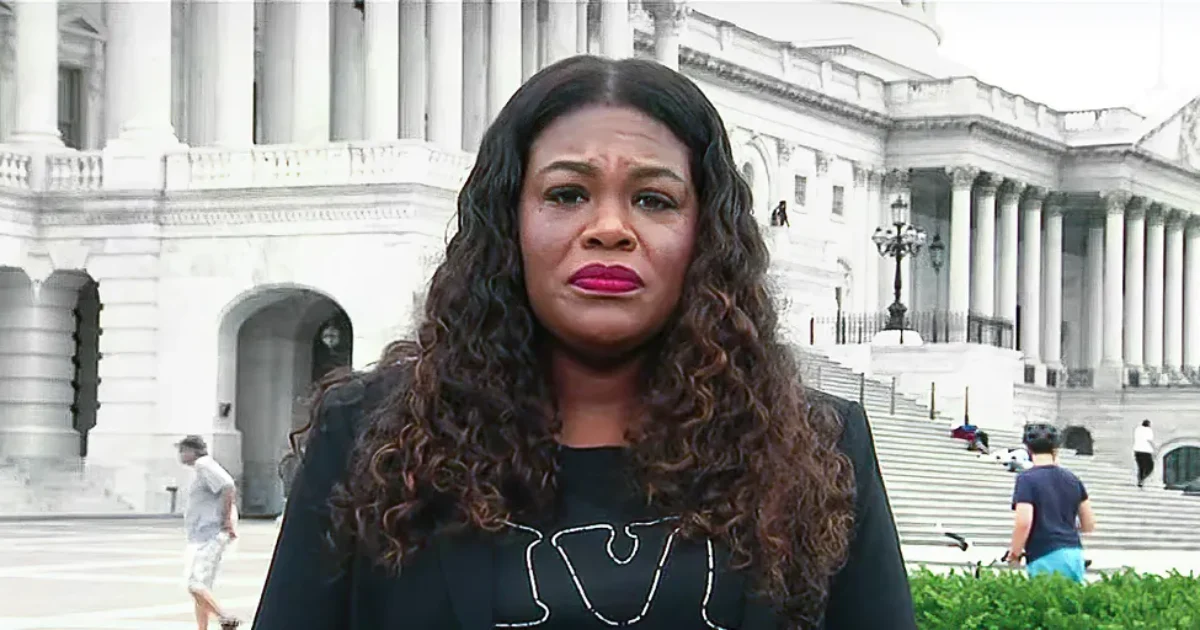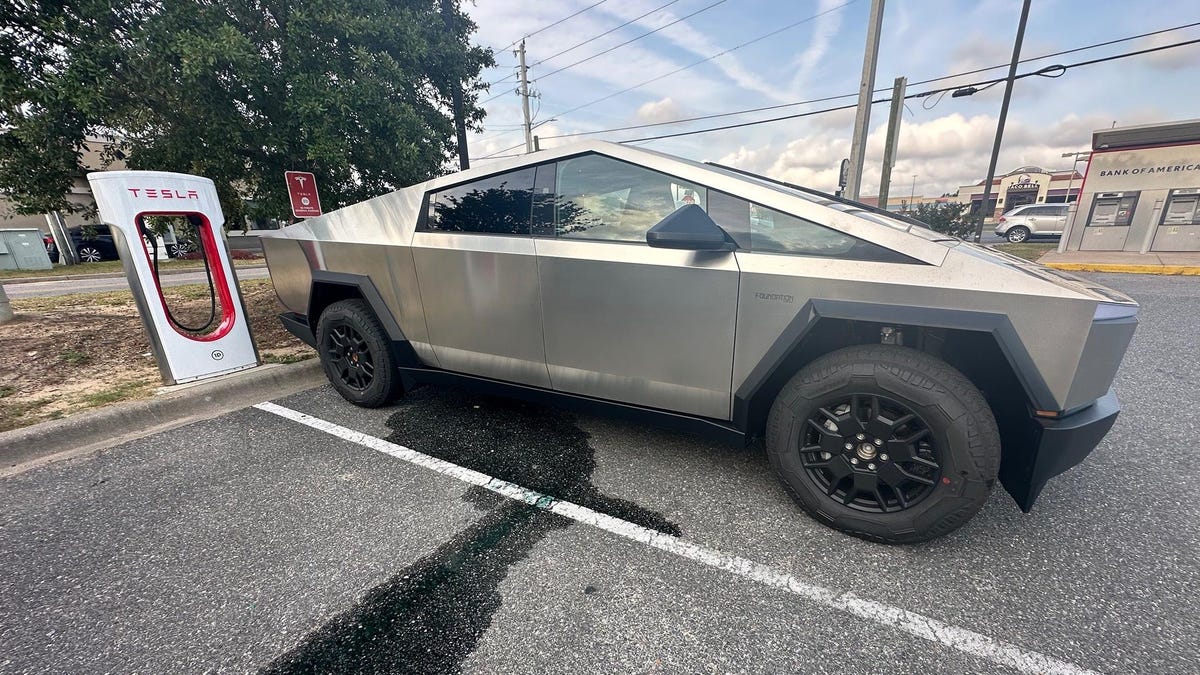Analysis of Rep. Cori Bush’s Statements Regarding U.S. Power Grid Issues
Recently, Missouri Rep. Cori Bush attributed the problems with the U.S. power grid to white supremacy and climate change. This statement, made during a House Oversight and Accountability subcommittee hearing, has sparked controversy and criticism.
Main Issues Addressed in the Hearing
During the hearing, the focus was on threats to the security and reliability of the U.S. electricity grid, which can result in more frequent blackouts. Key factors contributing to grid instability include increased reliance on wind and solar power, rising demand from electrification, an inadequate electrical delivery network, and the rapid retirement of traditional power sources.
While these challenges are well-documented in reliability assessments, Rep. Cori Bush took a different stance by attributing the issues to white supremacists and climate change. She emphasized the monitoring of violent white supremacist groups targeting the power grid as a significant concern. Additionally, Bush linked the effects of extreme weather caused by climate change to the nation’s grid reliability problems.
Bush’s alarming statement included a call to action to address climate change for the sake of future generations who will inherit the consequences of inaction.
Critical Assessment of Rep. Cori Bush’s Statements
It is essential to critically analyze these statements made by Rep. Cori Bush. While she brings attention to real issues such as the importance of grid reliability and the impact of climate change, her decision to attribute these problems solely to white supremacy raises questions.
The linkage between white supremacists and power grid issues seems far-fetched and lacks substantial evidence. By introducing such a controversial claim, Bush diverts attention from the genuine technical and infrastructural challenges facing the power grid.
Furthermore, the association of racism and climate change with grid instability may undermine efforts to find practical solutions to enhance grid resilience and combat climate change effectively.
Conclusion
In conclusion, it is evident that Rep. Cori Bush’s statements regarding the U.S. power grid issues have sparked a heated debate. While her intention to raise awareness about critical issues is commendable, the manner in which she has framed the problem leaves much to be desired. Moving forward, it is crucial for policymakers to approach complex issues like grid reliability and climate change with a balanced and evidence-based perspective to ensure meaningful progress and sustainable solutions.
Image/Photo credit: source url





